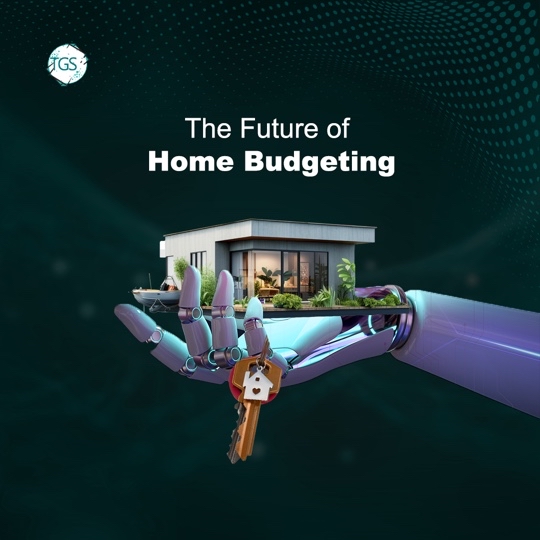The Future of Home Budgeting

Home budgeting is set to undergo a significant transformation as technology continues to advance, offering innovative solutions that empower individuals to make decisions regarding their financial health with precision and greater efficiency.
The Evolution of Household Financial Planning
In an era marked by digitalization and evolving customer needs, the concept of household financial planning is evolving rapidly. Key trends are shaping the way people approach budgeting matters even in the comfort of their homes.
The Rise of AI in Financial Planning
One of the primary drivers of change in the future of home budgeting is the integration of Artificial Intelligence (AI) and machine learning into financial tools. These technologies enable advanced analysis of spending patterns, income streams, and financial goals, allowing for more personalized and proactive budgeting strategies.
AI-Driven Insights
AI platforms, such as those offered by Fintech companies, can learn users’ behaviors and offer real-time insights, helping individuals make informed financial decisions.
Predictive Analysis and Financial Planning
Moreover, the future of home budgeting will witness a surge in predictive analysis. Fintech companies are leveraging big data to anticipate future expenses, income fluctuations, and market trends. This enables users to plan and adjust their budgets proactively, minimizing financial surprises and enhancing overall financial stability.
Setting Realistic Financial Goals
Predictive analysis also plays a vital role in helping users set realistic savings and investment targets, aligning with their long-term objectives.
Sustainable and Ethical Financial Practices
Furthermore, the future of home budgeting is likely to have an increased emphasis on sustainable and ethical financial practices. Fintech companies are recognizing the growing demand for eco-friendly investments and ethical financial products.
Aligning Values with Financial Choices
As a result, users can now anticipate more options that align with their values, allowing them to contribute to positive social and environmental impacts through their financial choices.
Conclusion
The future of home budgeting is a dynamic concept shaped by technological advancements, data-driven insights, and a commitment to user-centric financial solutions. As AI, predictive analysis, and ethical financial practices become integral components of household planning, individuals can look forward to a more personalized, secure, and sustainable approach to managing their finances.
Embracing these innovations will empower users to navigate the complexities of budgeting with confidence, fostering a future where financial well-being is attainable for us all.
For more inquiries, visit us at The Good Steward.
